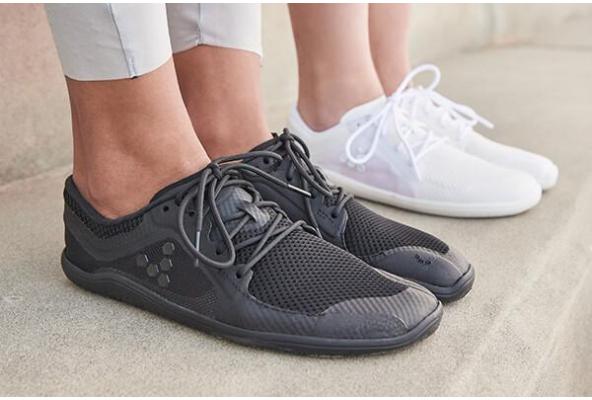
When you have high arches, one or both heels are usually tilted toward the middle of your body. Hammer toe can cause pain in the toes and feet, making it difficult to find comfortable shoes. But over time, it can become rigid and require surgery. It results in the toe bending at the middle joint, which creates a hammer- or Z-shaped appearance.Īt first, the affected toe is flexible. Hammer toe is deformity that affects the second, third, or fourth toes.

The deformity can also cause foot pain, affect your gait, and make shoes feel tighter. You may develop painful calluses on the ball of the foot and corns over the top of your toes as a result of the way your feet sit in your shoes. The joints of the affected toes buckle unusually, causing them to curl downward. Claw toesĬlaw toe refers to toes that take on a claw-like position and dig down into the soles of your shoes. The pain can worsen over time and lead to limping and pain in other parts of your body, such as your lower back and hips. sharp or shooting pain in the ball of your foot.Flexing your foot can also worsen your pain. Metatarsalgia usually improves when you rest and worsens during standing, walking, or exercising. This is a painful inflammation of the ball of the foot. High arches are a common cause of metatarsalgia. The pain is described as a stabbing or burning and can worsen after standing or sitting for long periods. It’s often worse when you take your first steps after getting up, and improves the more you move. The pain usually affects the heel, but some people experience it along the bottom of the entire foot or along the arch. This refers to inflammation of the plantar fascia, which is the band of ligament that connects your heel to your toes and supports your arches. People with high arches are prone to developing plantar fasciitis. Most of these problems are related to the ways that high arches impact how you walk and stand. High arches can cause a range of problems, depending on how high your arch is and whether it’s the result of an underlying condition. If you are looking for high arches care in Philadelphia, PA, contact Healthmark Foot and Ankle Associates today.What kinds of problems are linked to high arches? If you are worried about your high arches and experiencing pain, discomfort, or balance issues, talk to one of our Healthmark high arch specialists in the Philadelphia area today. This is not to scare you many with high arches will walk through life without any problems.įinding shoes that fit can also be difficult if you have arches because the arch is so high. In extreme cases, high arches can lead to foot deformities. Poor shock absorption- Because the arch of your foot helps absorb shock when walking or running, you may not be able to absorb the shock as effectively, leading to an increased risk of stress fractures.Instability - Becoming unstable in balance can lead to you becoming more prone to sprains and other injuries.Balance and Coordination Problems - High arches can affect the way you balance and walk, making it more difficult to move around comfortably and safely.Stress Fractures - High arches can make your foot susceptible to stress/hairline fractures with extra pressure and stress placed on the foot repeatedly.This can result in more strain on your muscles in the lower leg when the heel strikes the ground, resulting in shin splints. Shin Splints - Feet with high arches are typically rigid and non-shock absorbing.Acute and Chronic Ankle Sprains - The instability of the foot with a high arch causes more strain and pressure on the ankle, resulting in common sprains.Calluses and Corns - Increase pressure can lead to the formation of calluses or corns.Foot pain can include heel pain and ball of foot pain.



 0 kommentar(er)
0 kommentar(er)
